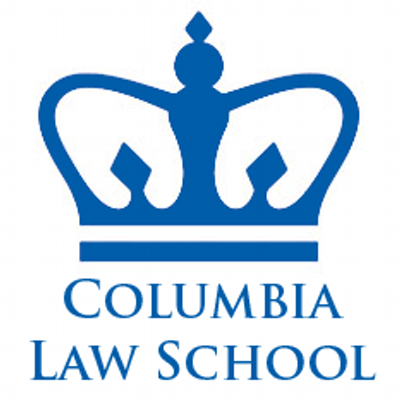
Conflict Resolution as the Cornerstone for Quality Education (SDG 4)
Columbia Law School, Government of Sweden
Conflict resolution models and skills will play a crucial role in improving the access to and quality of education around the world. This workshop will introduce methods of integrating conflict resolution in schools so that students who have access to educational programs are not deterred from completing the program by conflict within the school. It will also introduce community methods of conflict resolution education to help create the conditions to increase access to education.
The United Nations has made quality education a priority in its Agenda 2030. The UN believes obtaining a quality education is the foundation to improving people’s lives and sustainable development. Still, according to the UN, 57 million children in developing countries remain out of school. 103 million youth worldwide lack basic literacy skills, and more than 60 per cent of them are women. And, an estimated 50 per cent of out-of-school children of primary school age live in conflict-affected areas.
The programs are designed for delegates at any level, as well as national change agents or other personnel, who wish to achieve mastery of negotiation, mediation and multilateral conflict resolution processes, and implement them toward solving the world’s most difficult problems.
The workshop will utilize traditional pedagogical methodology along with more cutting-edge interactive exercises to practice skills. Finally, small and large group discussion will be used to draw upon the cultural expertise of the workshop’s participants.
Diplomats and members of Permanent Missions to the United Nations

